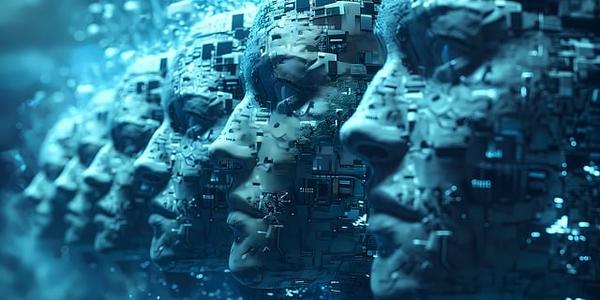In a move aimed at streamlining its operations and navigating the challenges of developing artificial intelligence (AI), OpenAI is considering a corporate restructuring that would see its for-profit division transformed into a Delaware Public Benefit Corporation (PBC). This shift in structure is designed to enable the company to better coordinate its nonprofit and for-profit arms, which have been at the center of controversy in recent years.
The Controversy Over OpenAI’s For-Profit Arm
OpenAI’s decision in 2019 to establish a separate for-profit business unit has sparked fierce pushback from critics, including lawsuits. One of the most vocal opponents of this move is none other than Elon Musk, co-founder of Tesla and former ally of Sam Altman, OpenAI’s CEO. In November 2024, Musk sued the company’s leadership, including Altman, for allegedly violating the terms of his foundational contributions to the charity.
Musk’s Lawsuit Against OpenAI
According to a court filing dated November 30, 2024, Musk alleges that Altman and others intentionally deceived him into co-founding OpenAI as a nonprofit venture. Musk claims that Altman "preyed on" his humanitarian concerns about the dangers posed by AI and manipulated him into supporting the creation of a for-profit entity. This lawsuit is just one example of the challenges OpenAI faces in its efforts to balance its nonprofit mission with the need to raise capital to support its research.
The Benefits of a PBC Structure
In a December 27 blog post, OpenAI outlined the benefits of converting its for-profit division into a Delaware Public Benefit Corporation (PBC). According to the company, this structure will enable it to:
- Balance shareholder interests with stakeholder and public benefit interests in decision-making
- Raise capital with conventional terms, just like other companies in the AI space
- Hire a leadership team and staff to pursue charitable initiatives in areas such as healthcare, education, and science
OpenAI’s Expansion Plans
While OpenAI continues to navigate the challenges of its for-profit arm, the company is also exploring new opportunities. In December, J.D. Seraphine, CEO of Web3 AI developer Raiinmaker, told Cointelegraph that AI agents, including those built using ChatGPT models, are expected to play a more prominent role within decentralized communities in 2025. Asset manager VanEck predicts that over 1 million AI agents will populate blockchain networks by the end of next year.
The Future of AI Development
As the AI industry continues to evolve, companies like OpenAI must adapt and navigate the complex landscape of regulation, finance, and public perception. By exploring new structures and partnerships, OpenAI aims to create a more sustainable and equitable model for developing AI that benefits both its shareholders and society as a whole.
Key Takeaways
- OpenAI is considering converting its for-profit division into a Delaware Public Benefit Corporation (PBC)
- The PBC structure will enable the company to balance shareholder, stakeholder, and public benefit interests
- OpenAI’s expansion plans include pursuing charitable initiatives in areas such as healthcare, education, and science
- AI agents are expected to play a more prominent role within decentralized communities in 2025



